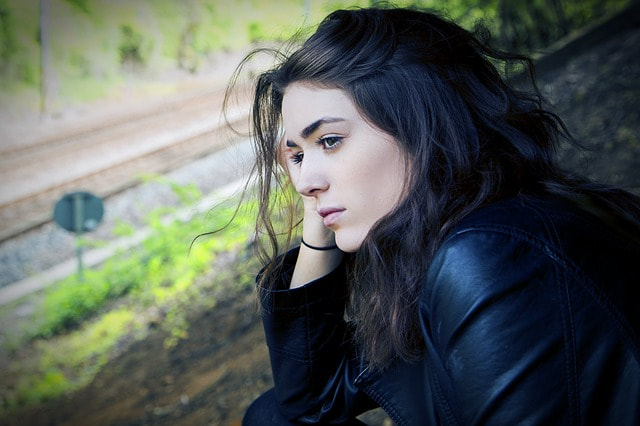 Written by Bob Quinn, DAOM, LAc The common perception of acupuncture is that it is a treatment for physical pain in the low back, shoulders, knees, and so on. In many countries, this is the usual type of complaint brought to acupuncturists. This is not, by any stretch, the full extent of acupuncture’s capabilities. In the US and some other Western countries the experience has been that mental-emotional complaints can also be well treated with acupuncture. One of my teachers maintains that 100% of his patients experience anxiety, the only questions are the degree and the target. They might be anxious about their romantic life, their children, the state of the world, existential questions, and so on. The list of possible targets for our anxiety is virtually endless. And the degree of anxiety runs from mild to overwhelming. Whether or not my teacher is correct that all people experience anxiety, it is certainly true that our culture finds itself in an epidemic of this condition. In Chinese medicine, anxiety is seen as an instance of “counterflowing qi;” (qi = “vital energy”) this means that energy which should be running downward in the body is instead moving upward. If you pay attention to your body when in an anxiety state, you will notice that there is indeed a sense of an upward tendency, i.e., “energy” going up that does not come down. Here in the US, it is common to describe this in emotional terms (e.g., worry, anxiety…), while in Asia people often use somatic descriptors for the same phenomenon, perhaps calling it a sense of tightness in the chest or a vexing heat in the chest. The reality is that this condition is both physical and mental-emotional at the same time. The physical and the mental-emotional are not so separate as we like to think in our culture; they are inextricable from one another. So, what can acupuncture do for anxiety? As it turns out there are numerous tried and true acupuncture strategies developed over many centuries of practice in China and other Southeast Asian countries that help the “qi” descend. Many of these strategies are exceedingly gentle and comfortable for the patient, involving non-needle therapies. There are also ways of using moxa (the burning of Asian mugwort on or near the skin) to send the qi downward in the body. How quickly does anxiety respond to acupuncture? It depends on how longstanding the condition is and on the general health of the patient. We can suggest lifestyle changes, and the speed of response will depend on how regularly the patient does their “homework.” If you, or someone close to you, experience anxiety, we at Onkodo Clinic invite you to come in and try a series of treatments. Any of our practitioners can help.
0 Comments
Leave a Reply. |
Authors
Blog posts are written by Onkodo practitioners. Archives
November 2020
Categories |
 RSS Feed
RSS Feed